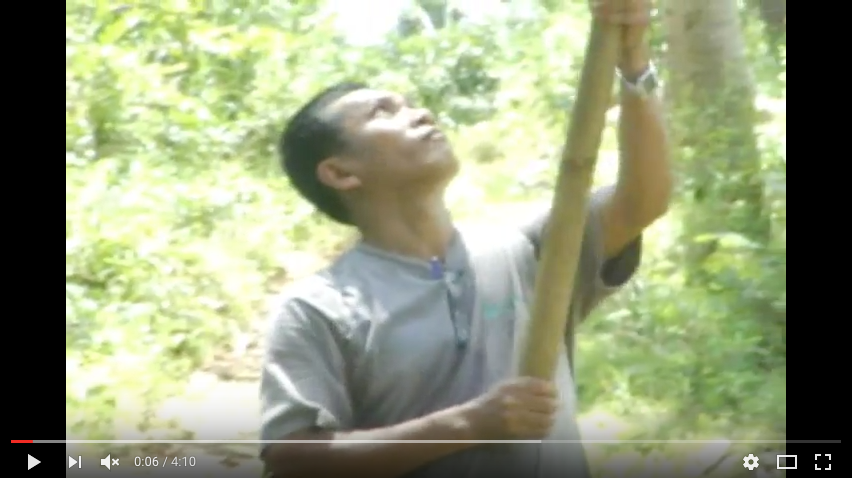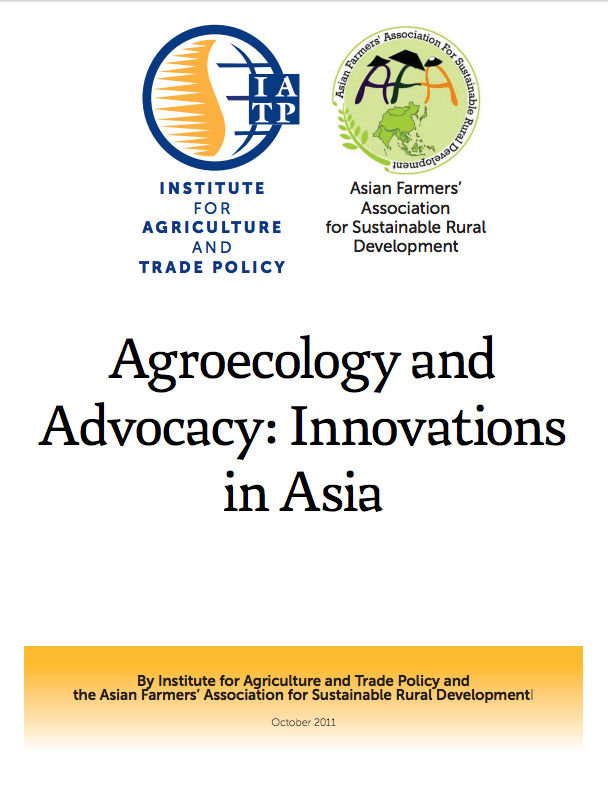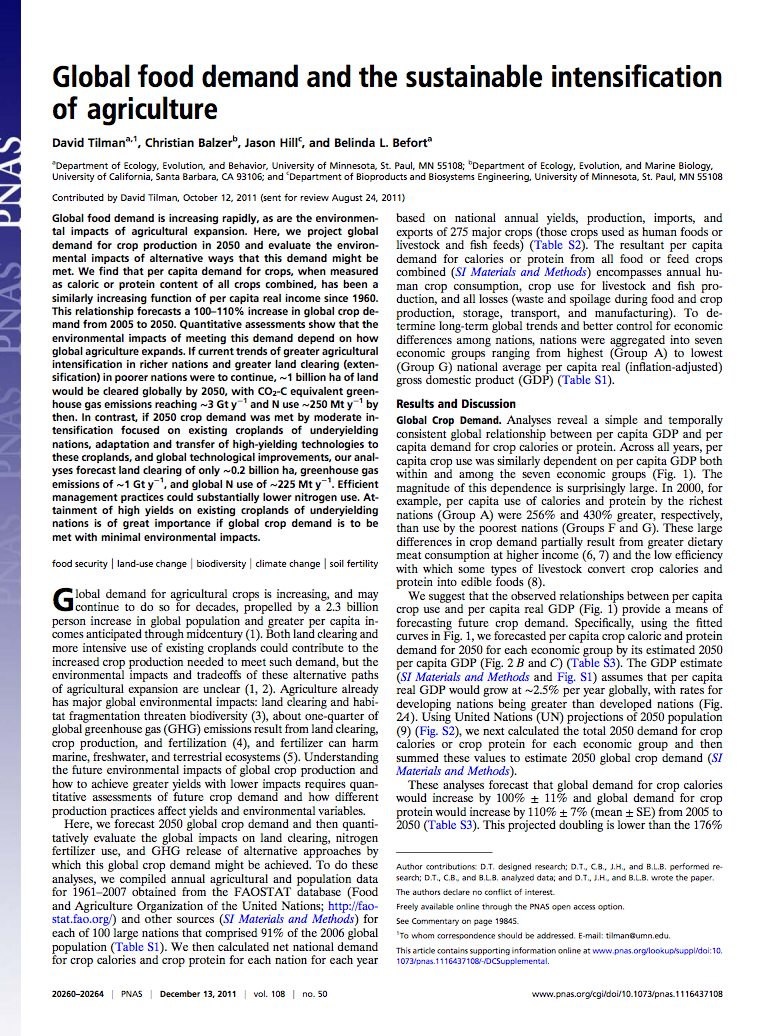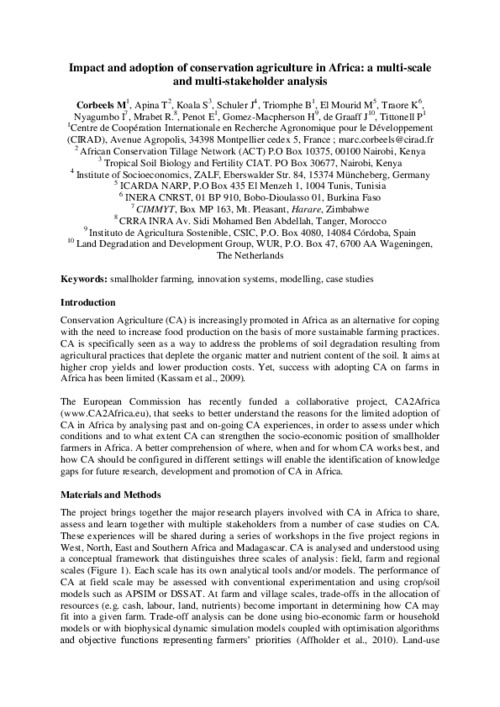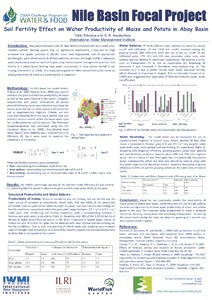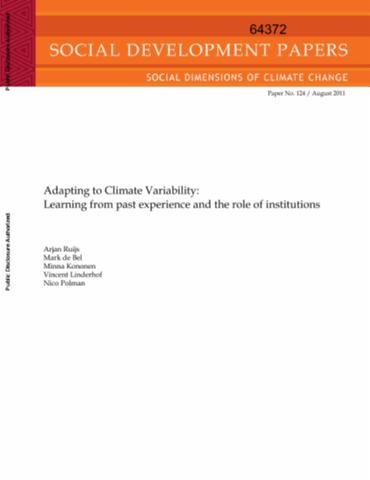Grabbing Land: Destructive Development in Ta'ang Region (English)
This report validates the fact that multi-national and transnational companies are violating the Ta'ang ethnic nationals' fundamental human rights. The confiscation of Ta'ang peoples' land and the exploitation of their natural resources in which they depend for their subsistence and livelihood are outlined in this report. The Myanmar government continues to permit the persistence of business practices which are illegal under national and international laws.


